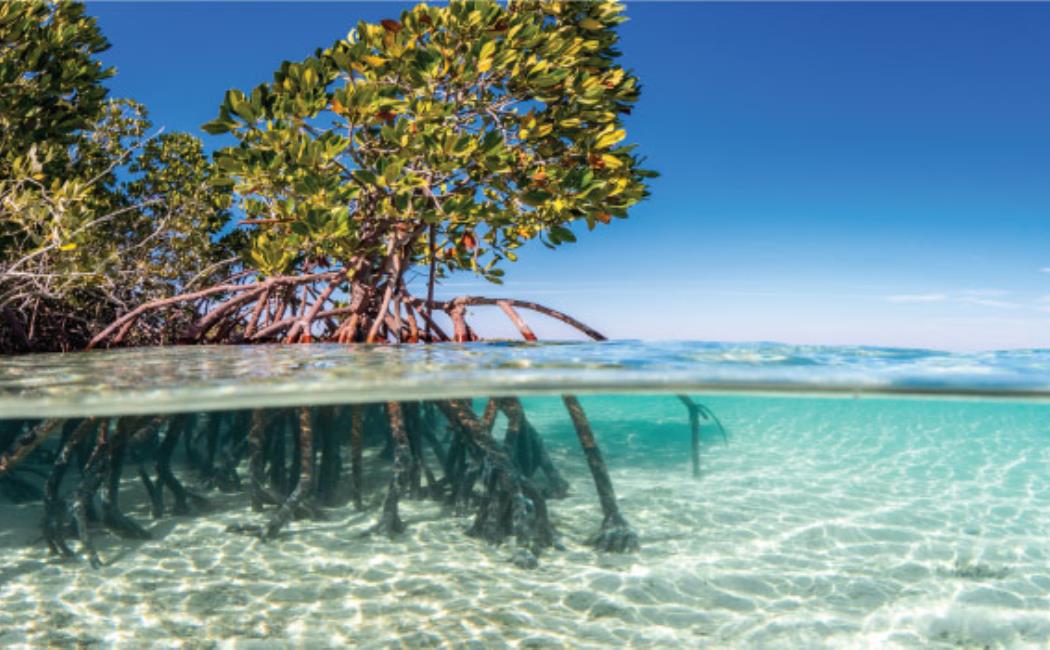
Creating a lab mangrove helps to identify new bacteria
07 July, 2021
A pioneering cultivation strategy that recreates a mangrove environment in the lab has enabled identification of novel bacteria residing in Red Sea mangroves and will help improve understanding of mangrove ecosystem stability, resilience and sustainability.
Mangroves are highly productive, dominant coastal ecosystems that line between 60-70 percent of the world’s tropical and subtropical coastlines. They harbor diverse microbial communities thought to make up 80 percent of the ecosystem’s biomass. Many of the microbial species, families and taxa are unknown to science.
The cultivation strategy was developed by a team of KAUST researchers, including Fatmah Sefrji and Ramona Marasco.
Click here to read the full story.
Image: Using a pioneering cultivation strategy, KAUST researchers have identified several microorganisms in Red Sea mangroves that were previously unknown to science.
© 2021 Morgan Bennett Smith